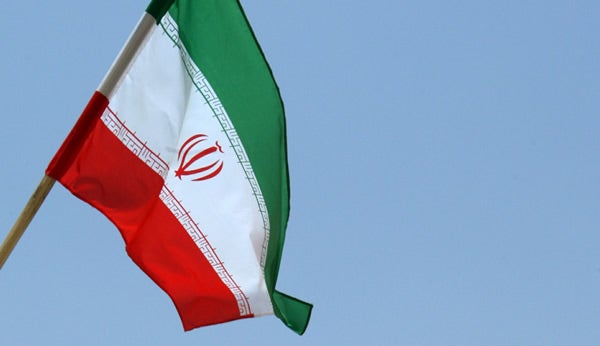Iran’s Bogus “Election” Process
James Phillips /
Iranian authorities on Tuesday announced the approval of eight candidates who will be allowed to compete in the June 14 presidential election. The Guardian Council, which vetted the candidates, made sure that Iran’s next president will be a pliable servant of the Supreme Leader, Ayatollah Ali Khamenei.
The regime hopes to repair its sagging popular legitimacy and avoid a rerun of the disastrous 2009 presidential election, which provoked widespread protests against vote-rigging when President Mahmoud Ahmadinejad was awarded a second term. This time the authorities eliminated all candidates even remotely connected to the opposition Green Movement and approved only 8 of the almost 700 declared contenders.
Among those eliminated was former President Ali Akbar Hashemi Rafsanjani, a pillar of the 1979 revolution who had criticized the 2009 crackdown, and Esfandiar Rahim Mashaei, a protégé of current President Ahmadinejad, who is barred from seeking a third term. Both candidates were considered threats to the power of hard-liners backed by Khamenei.
Six of the eight remaining presidential candidates are closely linked to the Supreme Leader. The frontrunner appears to be Saeed Jalili, a longtime adviser to Khamenei who now serves as Iran’s negotiator on the nuclear issue. Jalili is an uncompromising revolutionary who lost a leg in the Iran–Iraq war. A western diplomat noted that Jalili “specializes in monologue”—not dialogue.
Other prominent hard-line candidates include Tehran Mayor Mohammad Qalibaf, former Foreign Minister Ali Akbar Velayati, and former Revolutionary Guard commander Mohsen Rezai.
Two centrists were also allowed to run: Hassan Rowhani, an ally of Rafsanjani, and Mohammad Reza Aref, who served as vice president under former President Mohammad Khatami. Both of them will be sure to mute their criticism of the hard-line establishment candidates. After all, Mir Hossain Mousavi and Mehdi Karoubi, reformist candidates who protested the 2009 rigged elections, are still under house arrest.
The election will have little impact on the issues that Washington is most concerned about: Iran’s nuclear program, terrorism, and hostile foreign policy. All of these policies are set by the Supreme Leader, who has the final say on all important issues in Iran.
Khamenei also controls the election process, as has been made clear once again this week. Six of the eight presidential contenders are closely associated with him. Iran’s next president will be determined far more by his selection than through a genuine election.

